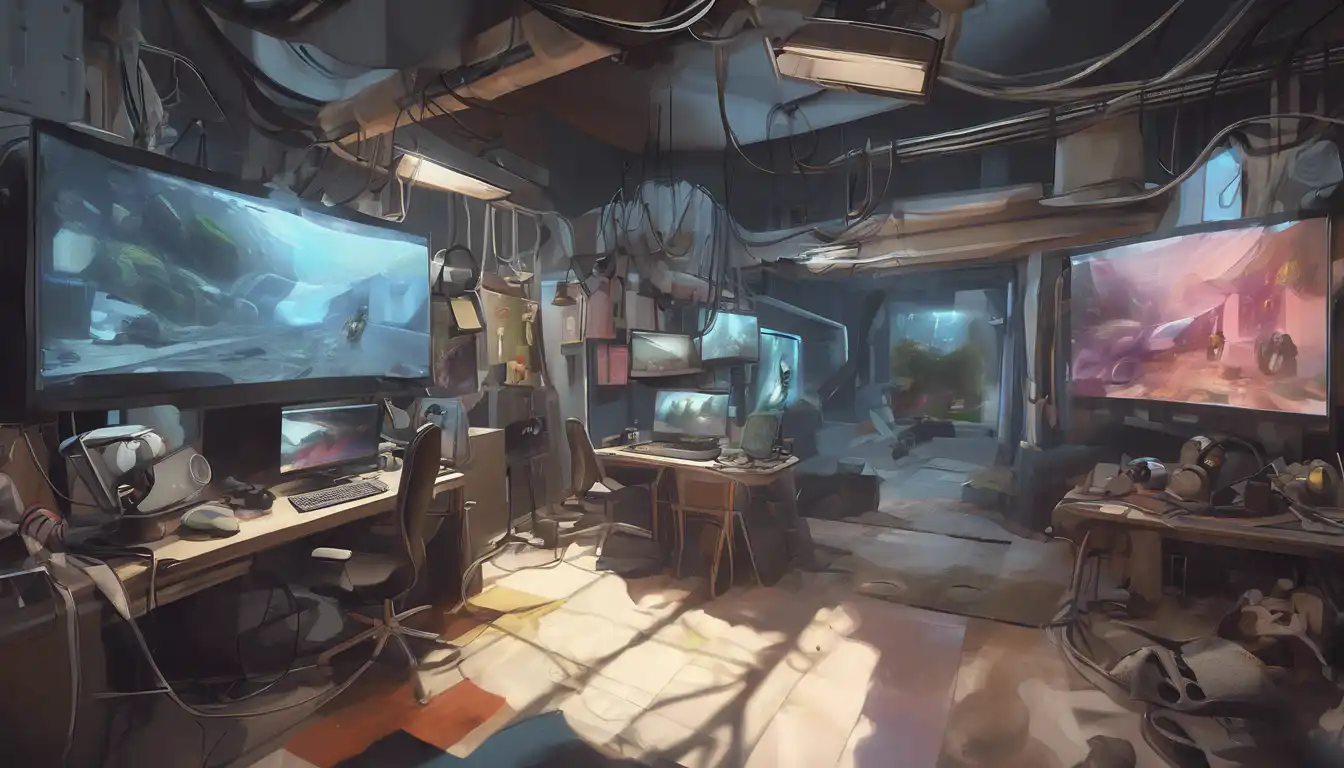Introduction to Virtual Reality Development
Virtual Reality (VR) development is an exciting field that combines creativity with technology to create immersive experiences. Whether you're interested in game design, educational tools, or innovative applications, getting started with VR development opens up a world of possibilities.
Understanding the Basics of VR
Before diving into development, it's essential to understand what VR is and how it works. VR creates a simulated environment that users can interact with in a seemingly real or physical way. This is achieved through specialized hardware like headsets and controllers, combined with software that renders the virtual world.
Choosing the Right Tools and Platforms
There are several platforms and tools available for VR development, each with its own set of features and capabilities. Some of the most popular include:
- Unity with VR support
- Unreal Engine
- WebVR for browser-based experiences
Selecting the right tool depends on your project requirements and your familiarity with the platform.
Learning the Fundamentals of VR Design
Designing for VR is different from traditional software or game design. It requires a deep understanding of 3D space, user interaction, and immersion techniques. Key considerations include:
- User comfort and avoiding motion sickness
- Intuitive controls and interactions
- Creating a believable and engaging environment
Developing Your First VR Project
Starting with a simple project is a great way to apply what you've learned. Consider creating a basic interactive environment or a simple game. This will help you get familiar with the development process and the challenges specific to VR.
Testing and Iterating
Testing is crucial in VR development. Regular testing on actual VR hardware will help you identify issues related to performance, user experience, and immersion. Be prepared to iterate on your design based on feedback and testing results.
Joining the VR Development Community
The VR development community is vibrant and supportive. Engaging with other developers through forums, social media, and events can provide valuable insights, feedback, and inspiration for your projects.
Conclusion
Starting with VR development is an exciting journey that requires patience, creativity, and a willingness to learn. By understanding the basics, choosing the right tools, and engaging with the community, you can create immersive and impactful VR experiences.
For more insights into technology and development, explore our technology section.
